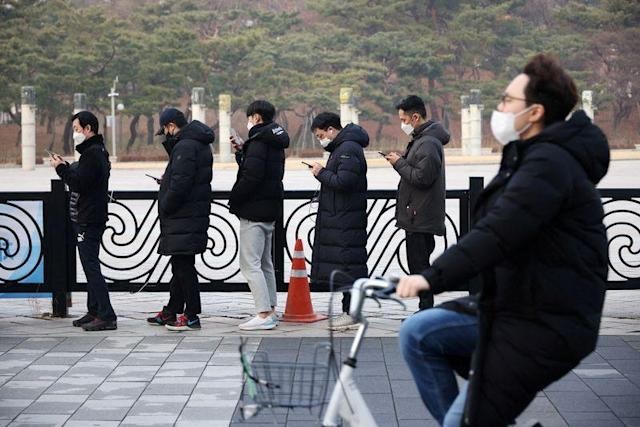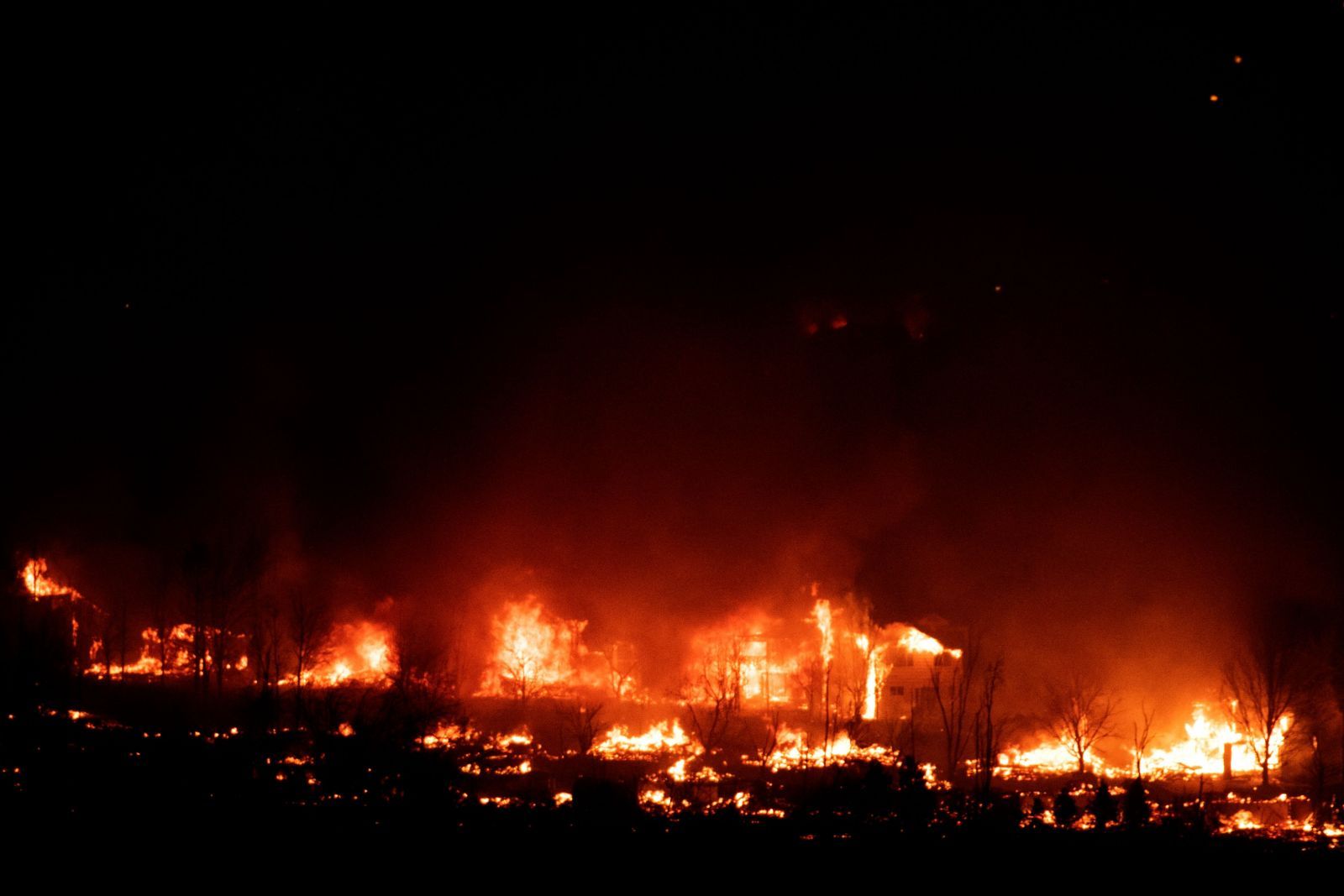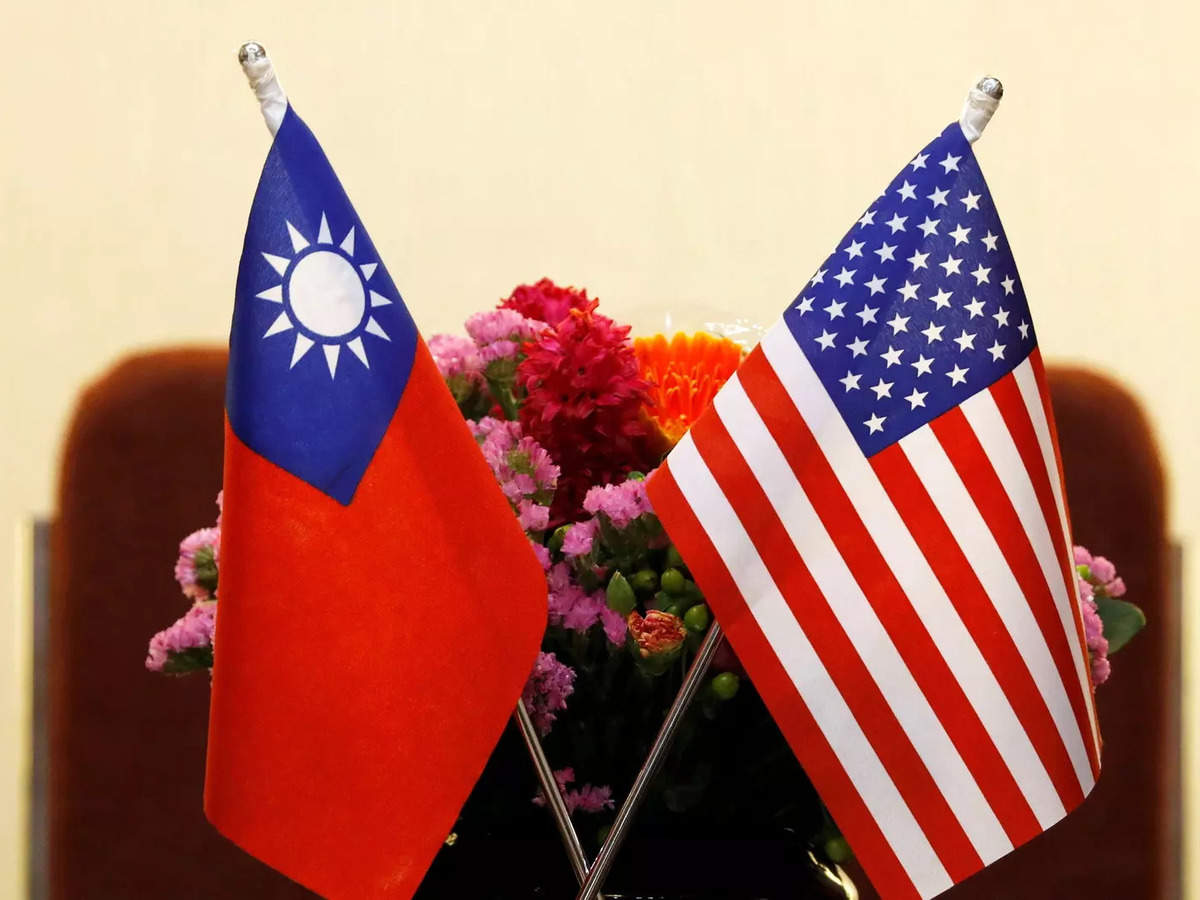SEOUL: South Korea said on Friday it will extend stricter social distancing rules for two weeks amid a persistent surge in serious coronavirus infections and concerns over the spread of the highly contagious Omicron variant. The government reinstated the curbs on Dec. 18, six weeks after easing them under a […]
News
SUPERIOR: Hundreds of homes are feared lost in fast-moving wildfires in the US state of Colorado, officials said Thursday, as flames tore through areas desiccated by a historic drought. At least 1,600 acres have burned in Boulder County, much of it suburban, with warnings that deaths and injuries were likely […]
BEIJING: China’s foreign minister said today the United States will “face an unbearable price” over its actions towards the self-ruled island of Taiwan, in Beijing’s latest threat over the flashpoint island. Tensions between China and the US have soared in recent years over issues including human rights, trade and technological […]
SHANGHAI/HONG KONG : China Evergrande New Energy Vehicle Group started its first mass production on Thursday, two sources with direct knowledge of the matter said. Mass production for its inaugural Hengchi 5 sport-utility vehicles at its Tianjin production facilities came 12 days ahead of schedule, the people said, and the […]
Opening in late 1986, Brokdorf was the first nuclear reactor in the world to go into operation after the Chernobyl disaster. An icy wind is blowing across the Brokdorf nuclear power plant that stands between damp meadows and a dike covered in a thin layer of snow. A small group […]
SHANGHAI : China plans to sell a record amount of treasury bonds in 2022, while keeping overall interest rates of the issuance lower, as Beijing adopts a proactive policy to stabilize economic growth, a senior official at the finance ministry said. China will provide liquidity support for treasury bond […]
Chinese ride-hailing giant Didi Global has seen its losses deepen after Beijing ordered online stores not to offer the company’s app. The firm reported an operating loss of $6.3bn (£4.7bn) for the first nine months of year as revenues in China fell by 5% in the third quarter. The Chinese […]
Elon Musk has rejected claims that his Starlink satellite internet project is taking up too much room in space. “Tens of billions” of satellites can be accommodated in orbits close to Earth, he told the Financial Times. His comments come after a claim by the head of the European Space […]
MEXICO CITY: Devastated by the loss of his daughter to COVID-19, Jaime Michaus joined hundreds of Mexicans seeking compensation from China and the World Health Organization, despite reservations and uncertain prospects of success. “I’m still not sure if I did the right thing,” Michaus said. “I have mixed feelings because […]
Returned to China in 1997, Hong Kong has endured an overhaul of its political system and a crackdown on political dissent. As the days of 2021 dwindled, so did any remaining traces of democracy in Hong Kong. On Wednesday, a vocal pro-democracy media outlet – one of the last openly […]










